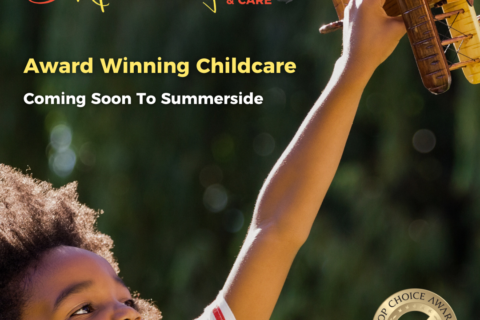Nurturing Young Minds: Exploring Early Childcare and Learning
Welcome to our blog, where we delve into the fascinating world of early childcare and learning. This crucial stage of a child’s development lays the foundation for their future growth, both academically and emotionally. In this article, we will explore the importance of early childcare, the role of caregivers and educators, and provide practical tips for enhancing early learning experiences. Let’s embark on this journey together and unlock the potential within every young mind!
- The Importance of Early Childcare: Early childcare plays a pivotal role in a child’s overall development. During the early years, children undergo rapid brain development and acquire fundamental skills that shape their future. High-quality childcare environments provide a nurturing space where children can explore, learn, and develop essential social, emotional, cognitive, and physical abilities.
- Creating an Enriching Learning Environment: A well-designed learning environment stimulates a child’s curiosity and encourages exploration. Here are some tips for creating an enriching space:
- Arrange age-appropriate toys, books, and learning materials to promote hands-on engagement.
- Establish clearly defined areas for different activities, such as reading corners, art stations, and play areas.
- Encourage open-ended play, allowing children to use their imagination and problem-solving skills.
- Incorporate nature elements, such as plants or natural light, to create a calming and inspiring atmosphere.
- The Role of Caregivers and Educators: Caregivers and educators play a crucial role in early childhood development. They provide guidance, support, and create a nurturing environment for children to thrive. Here are some key aspects of their role:
- Building strong relationships with children, fostering trust and emotional well-being.
- Planning and implementing age-appropriate activities that promote learning and development.
- Encouraging social interactions to develop important social skills, such as cooperation and empathy.
- Observing and assessing each child’s progress, tailoring educational approaches to individual needs.
- Promoting Language and Literacy Skills: Early childhood is an ideal time to foster language and literacy skills. Here are some strategies for promoting language development:
- Engage in daily conversations with children, using rich and varied vocabulary.
- Read aloud to children regularly, exposing them to different genres and styles.
- Provide opportunities for storytelling, encouraging children to express their thoughts and imagination.
- Introduce alphabet letters and phonics through fun and interactive games and activities.
- Emphasizing Play-Based Learning: Play is the natural language of children, and play-based learning has proven to be highly effective. Incorporating play into early childcare and learning experiences offers numerous benefits, including:
- Enhancing creativity, problem-solving, and critical thinking skills.
- Promoting social and emotional development, as children learn to navigate relationships and regulate emotions.
- Strengthening fine and gross motor skills through physical activities and manipulative play.
- Fostering a joy for learning, as children engage in activities they find meaningful and enjoyable.
Conclusion: Early childcare and learning are instrumental in shaping a child’s future. By providing a nurturing environment, utilizing play-based learning, and emphasizing the role of caregivers and educators, we can unlock the immense potential within each young mind. Remember, every interaction and experience matters during this crucial phase of development. Let’s come together to create a world where all children have the opportunity to flourish and reach their full potential.


